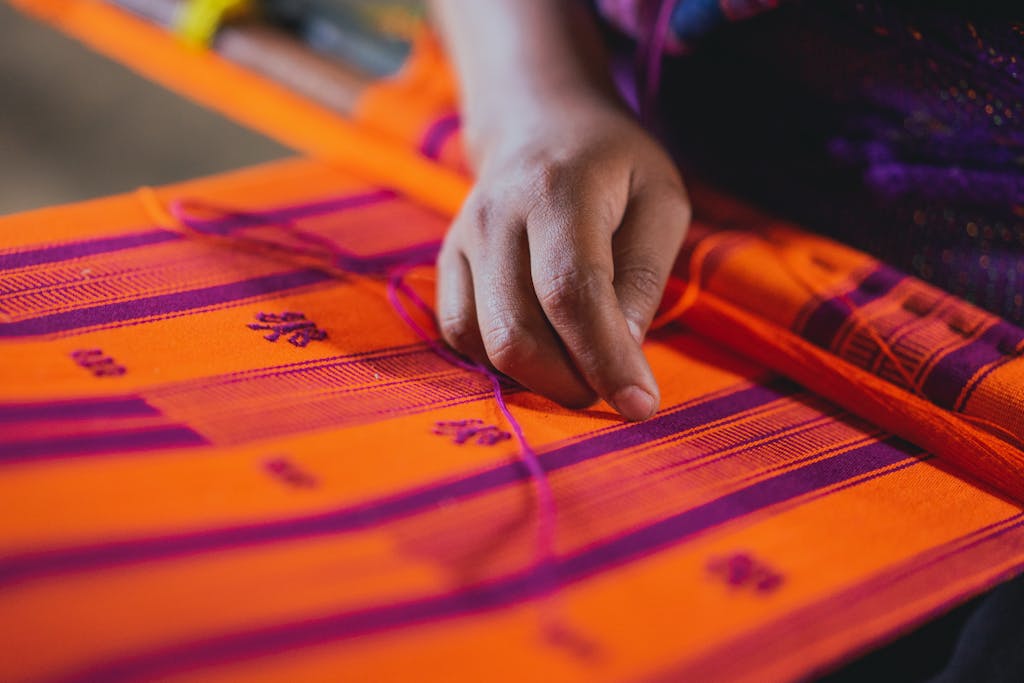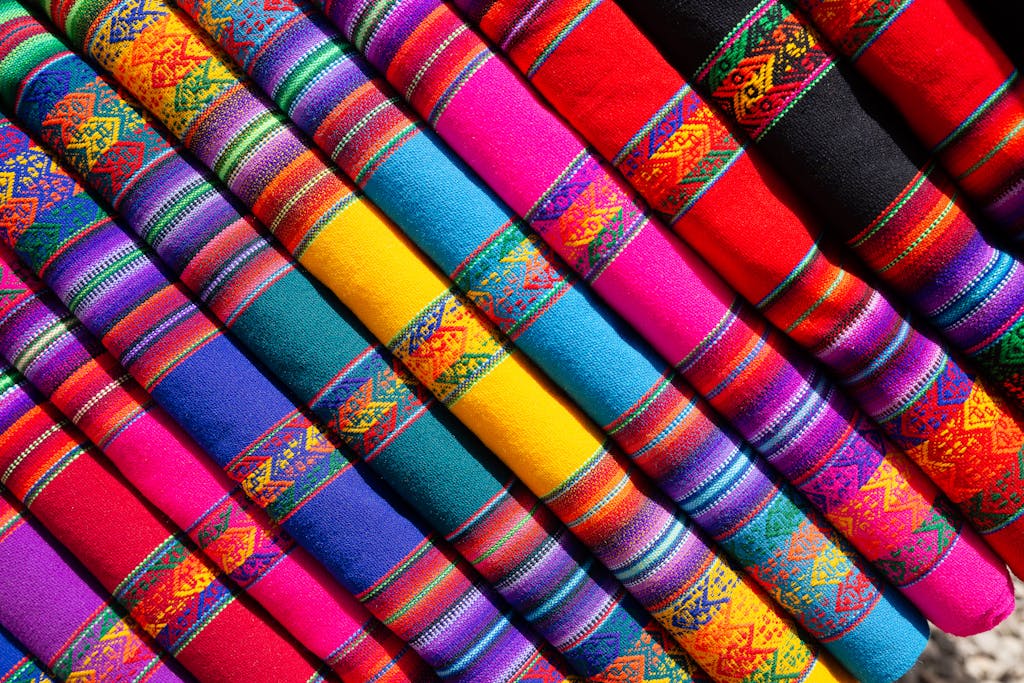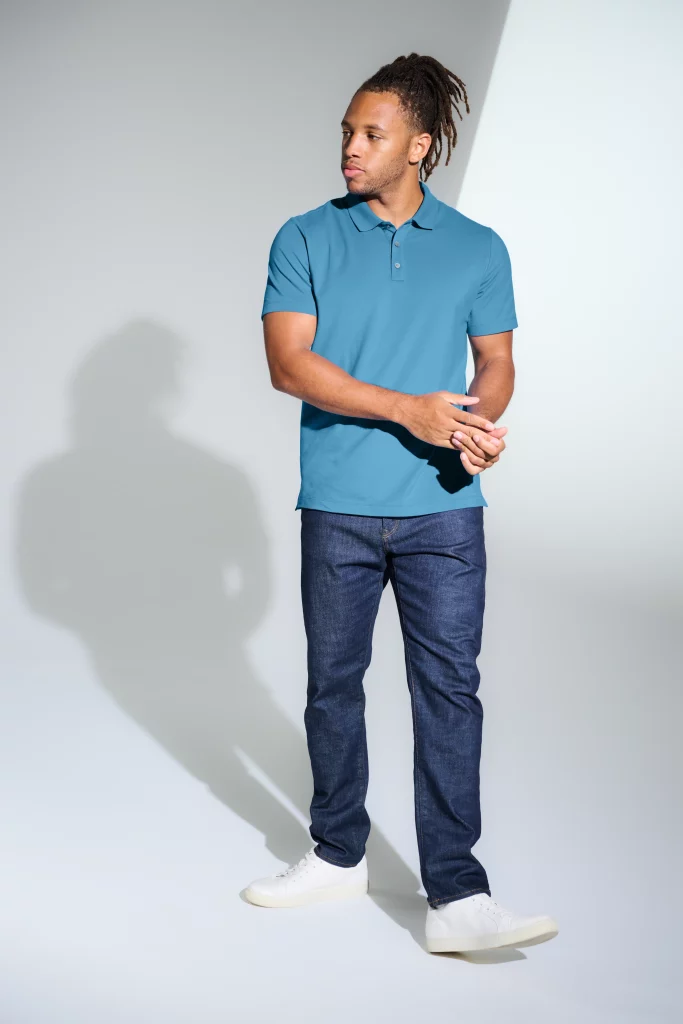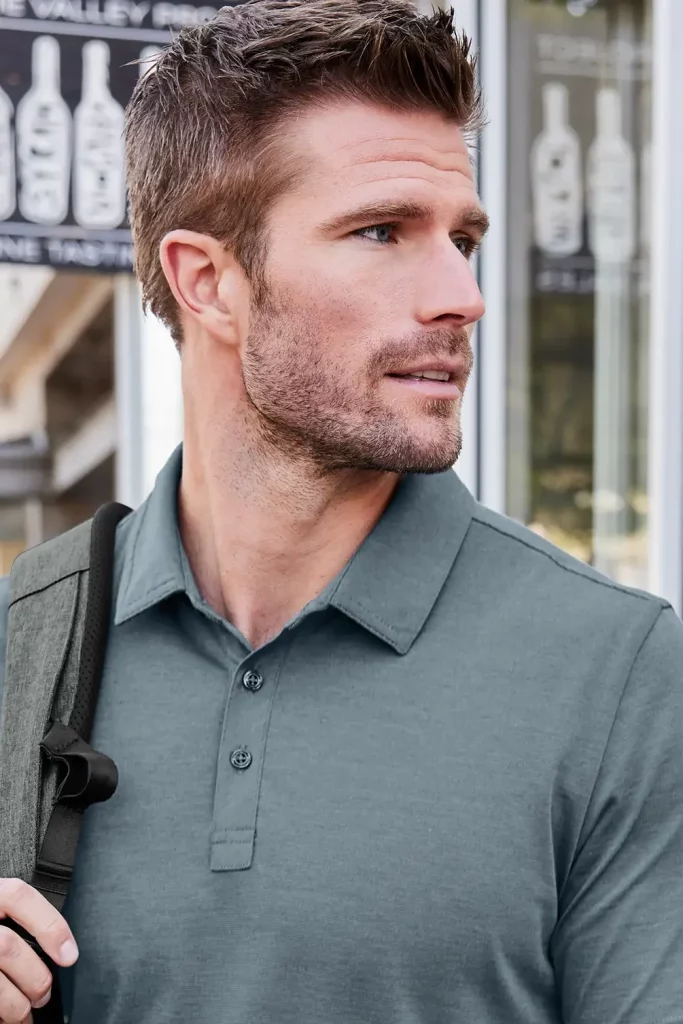Fabrics Matter! Which Fabric Should You Choose for Your Custom Apparel

When it comes to creating custom apparel, the fabric you choose can make all the difference. From comfort and durability to style and functionality, your fabric selection sets the foundation for your design’s success. Whether you’re designing customized T-shirts, corporate uniforms, or elegant evening wear, picking the right fabric depends on factors like purpose, style, and even the climate where it will be worn.
Let’s explore why fabrics matter and how you can make the best choice for your custom apparel.
Why Choosing the Right Fabric Matters
Common Fabrics for Custom Apparel
Cotton
Features: Soft, breathable, and natural.
Best For: T-shirts, casual wear, and summer clothing.
Pros: Lightweight, versatile, and easy to care for.
Cons: Prone to wrinkling and shrinkage.
Polyester
Features: Durable and moisture-wicking.
Best For: Sportswear, uniforms, and outdoor apparel.
Pros: Wrinkle-resistant, quick-drying, and cost-effective.
Cons: Less breathable, with a slightly synthetic feel.
Blends (Cotton-Polyester, Tri-Blend)
Features: Combines the strengths of different materials.
Best For: Balanced durability and comfort in custom apparel.
Pros: Versatile and minimizes the drawbacks of single fabrics.
Cons: Can vary in texture and feel.
Linen
Features: Lightweight and highly breathable.
Best For: Summer clothing like shirts and dresses.
Pros: Natural, eco-friendly, and stylish.
Cons: Wrinkles easily and requires special care.
Silk
Features: Smooth and luxurious.
Best For: Formal and premium apparel.
Pros: Offers an elegant look and feel.
Cons: Expensive and delicate, requiring careful maintenance.
Factors to Consider When Choosing a Fabric

Tips for Selecting Fabrics for Custom Apparel
1. Request Fabric Swatches
Feeling a fabric sample can help you understand its texture and weight.
2. Consider End-User Preferences
Think about the wearer’s lifestyle. Active users may prefer moisture-wicking fabrics, while others may prioritize aesthetics.
3. Collaborate with Experts
Work with a trusted supplier or designer who can guide you in making informed choices.
Conclusion
Your choice of fabric can elevate your custom apparel from ordinary to extraordinary. Whether you prioritize comfort, durability, or aesthetics, the right material ensures that your design not only looks great but also performs well in its intended purpose.











